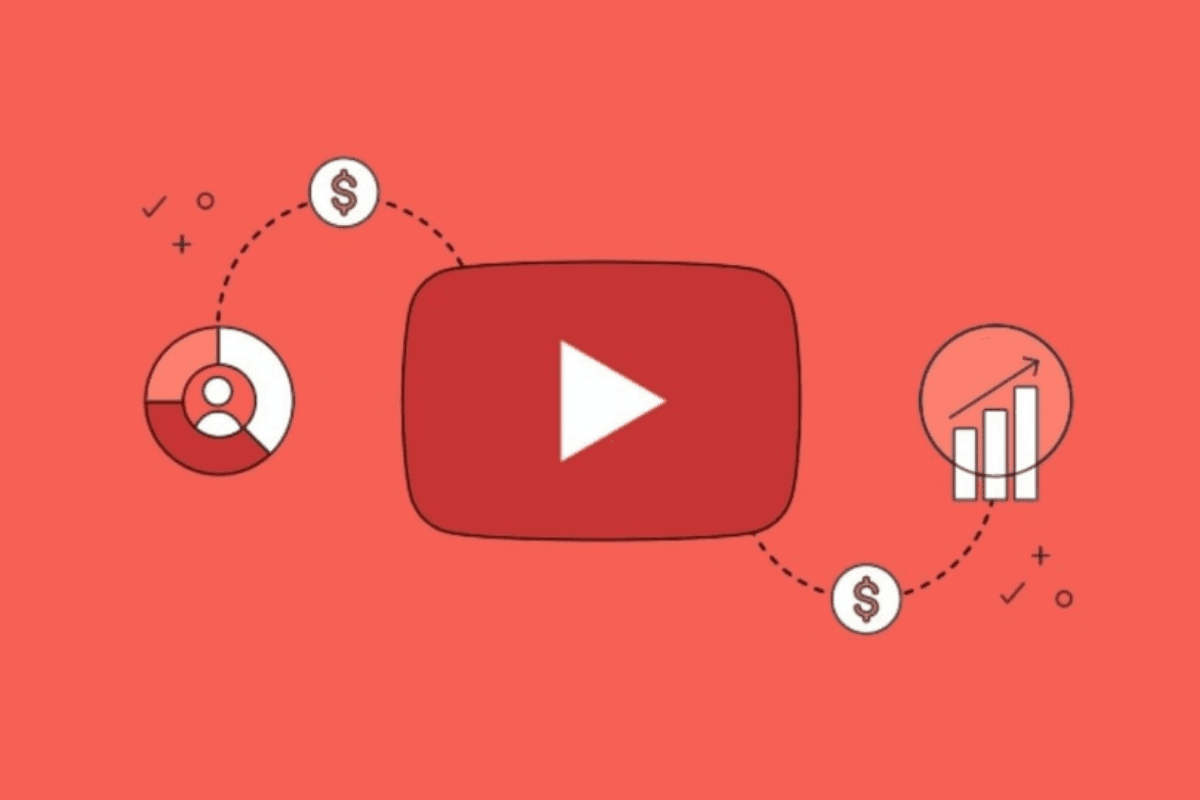Have you ever found it amazing how Google produces the exact search results in milliseconds? The secret lies in Google search algorithm. While the inner workings can seem like a mystery, understanding the fundamental processes of crawling, indexing, and ranking is crucial for anyone looking to improve their website’s visibility. As a result, this tutorial will help you understand Google’s search algorithm, providing a straightforward and accessible explanation of how it works and what it implies for your website.
Crawling: Discovering Web Content
What Is Web Crawling?
Search engines find fresh and updated web material by means of web crawling. Crawlers or spiders named by the process include automated programs which navigate the web and collect data from web pages. One of the googlebot is Google’s web crawler. It starts by fetching a list of URLs provided by previous crawls and sitemaps submitted by webmasters. Let’s get into deeper how it works:
Initial Crawl: At first, googlebot begins with a list of known URLs to crawl.
Following Links: Then, it navigates each page, Googlebot follows hyperlinks found within the content to discover new pages. This iterative process allows it to uncover new and updated content continuously.
Indexing: Organizing Information
What is indexing? It refers to the process of organizing and storing the information collected during web crawling. Moreover, it involves creating a structured database, or index, of all the content that the search engine has found.
Google examines crawling pages looking for pertinent material like text, photos, videos, and metadata. This information is stored in Google’s index, organized by keywords, relevance, and user engagement. Advanced algorithms like NLP and machine learning interpret content intent for accurate search results.
Ranking: Determining Search Results
In this part, we will discuss the Google ranking factors that influence search engine results pages (SERPs):
Relevance: It refers to how much your information matches the needs of customers. Google uses various techniques, such as keyword matching and natural language processing, to evaluate relevance. The better a page matches the search intent, the higher it will rank.
Content Quality: Content quality involves several aspects:
- Value: The content should provide valuable information that answers the user’s query.
- Accuracy: Information must be accurate and up-to-date.
- Originality: Search engines rank original content higher when it isn’t duplicated from other sources.
- Depth: They favor in-depth content that thoroughly covers a topic.
User Experience: Many Gold Coast residents and visitors use their cell phones to locate neighborhood businesses and services. Ensure your website is optimized for mobile viewing, especially for those searching for “things to do Gold Coast” while on the move. User experience (UX) includes factors that affect how users interact with the website:
- Page Speed: Faster loading pages are preferred.
- Mobile-Friendliness: Sites that are optimized for mobile devices perform better.
- Site Navigation: Easy-to-navigate sites with clear structure rank higher.
Backlinks: Backlinks are links from other websites pointing to a page. The quantity and quality of these links influence ranking:
- Quantity: More backlinks can improve rankings, but only if they are from reputable sources.
- Quality: Good backlinks from reputable sites have more value. For instance, seek backlinks from local Gold Coast directories, tourism websites, and community blogs. This will help establish your website’s authority within the local market.
E-E-A-T (Experience, Expertise, Authoritativeness, Trustworthiness):
- Experience: Content created by someone with relevant experience tends to rank higher.
- Expertise: Content produced by experts in the field is favored.
- Authoritativeness: Authoritative websites, such as government or educational institutions, are prioritized.
- Trustworthiness: Trustworthy content that is transparent and well-cited ranks higher.
What This Means For Website Owners And Seo?
To optimize your website for SEO, you should focus on several factors: high-quality, user-focused content, well-structured, mobile-friendly, responsive, optimized pictures, page speed, and a solid backlink profile from credible sites. Otherwise, ensure expertise, authoritativeness, accuracy, transparency, and ethical practices, and stay updated with SEO best practices.
Understanding Google’s search algorithm is critical for navigating the complicated world of SEO. You may improve your chances of appearing better in search results by focusing on providing high-quality content, improving the user experience, and developing a strong online presence. Remember, Google’s algorithm prioritizes providing users with the most relevant and valuable information. Stay up to current on algorithm improvements, use SEO best practices, and constantly seek to enhance your website. Start optimizing your website for Google’s search algorithm today and unlock its full potential.
Ready to dominate search?
Let BrandCom – a digital marketing agency in Gold Coast guide you.
Source: BrandCom






